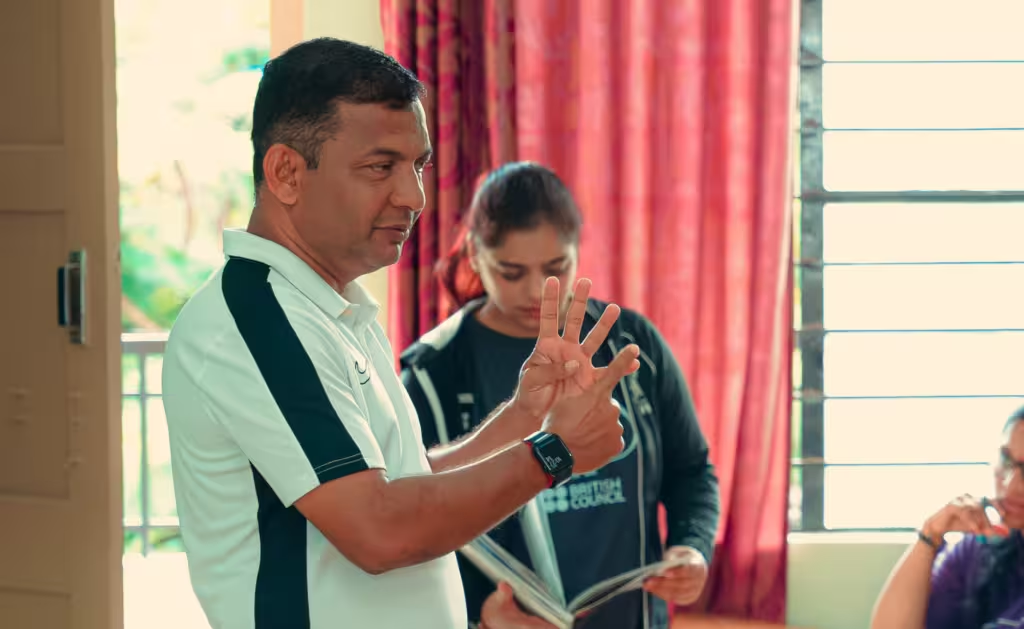At Sporting Clube de Goa, the approach to youth development is clear and structured. Shekhar Kerkar, Head of Youth Development, believes success doesn’t begin at the grassroots alone. For him, the direction must come from above.
For us, it always starts from the top,” he says. “It is not what we are doing at the bottom. We have to always understand what seniors are doing at the top and understand their philosophy or a club philosophy which is used by seniors.”
This philosophy influences how Sporting’s age-group teams are shaped. “We align ourselves with how the senior team plays. If they follow a 4-3-3 or 4-3-1-2 system, we implement the same across all age groups,” Shekhar explains. “And in that, coaching staff have been given workshops, trainings to further enhance their knowledge in coaching and understanding the latest trends and how to design the sessions.”
According to him, the goal is to have all coaches aligned in what they teach, even if their methods vary. “Everyone wants to be on the same page. The session may be done by different coaches, the “how” may be different, but “what” remains the same for each and every coach in each and every session.”
This consistent system helps prepare players for a seamless transition into senior football. “If a player is promoted from the youth to seniors, they know how seniors are playing. With the same style of play, with the same philosophy.” he adds
However, beyond coaching and structure, lack of matches remains a pressing concern across Indian football.
“Mostly where we are lacking, it is not only in Goa or with Sporting, it is with Indian football overall,” Shekhar says. “We have more training sessions but less number of matches in the season. That is the biggest concern for everyone.”
Despite this, Sporting has managed to participate in local age-group tournaments conducted by the Goa Football Association, including under-14, under-16, under-18 and under-20 categories. “Now it is mandatory for all Pro League teams to play. So if we get even 20 matches home and away, that is what we are expecting,” he says.
The club also takes part in national competitions like the All India Football Federation (AIFF) Youth League and the Reliance Foundation Development League. “Last time there were only a few teams, so we got hardly 4 to 6 matches. But we’re expecting more teams this time so that we get more matches since matches are the key for the players’ development,”
To fill the gap, Sporting organizes internal fixtures within the club. “We try to give a match per week where we make all the other teams play each other — under-18 against under-20, to maintain a competitive rhythm,” he adds.
Developing and retaining local Goan talent remains a core part of Shekhar’s vision. “It’s important to retain Goan boys,” Shekhar stresses.
“We need to structure our training in such a way that Goan youngsters are given time to compete and ensure they get meaningful match time. That long-term consistency is key to their development,” he says
This year, he’s already seen encouraging signs. “Compared to last year’s batch, we have got some good talent from the open selection trials. We’ve kept a little bit of extra numbers, making sure that we can avoid open trials in the future. The idea is to promote 8 to 10 quality players from each age group into the next. That continuity will help us compete better in 2 to 3 years,”he says.
Asked about his vision for Sporting’s youth setup in the years ahead, Shekhar lays out a two-tiered roadmap.
”His short-term goal is to ensure that every age group from under-14 to the development team has around 20 quality players. “There should be enough balance between one age lower and one age higher so we retain that.”
Looking ahead, Shekhar wants to see Sporting’s youth program grow beyond just participation.
“My long-term goal is to have a robust youth development system not just for the club, but for Goa as a whole. We want to expand across the state, and maybe in the future have a residential academy. If we keep working this way, I believe that in four or five years, we will not only be competing within the state, but also with top clubs at the national level.”


